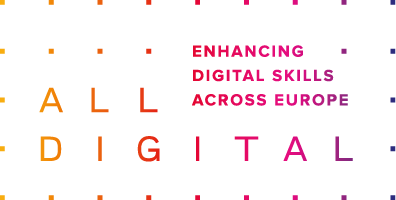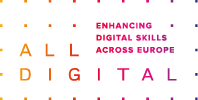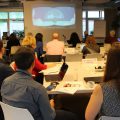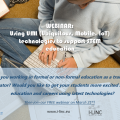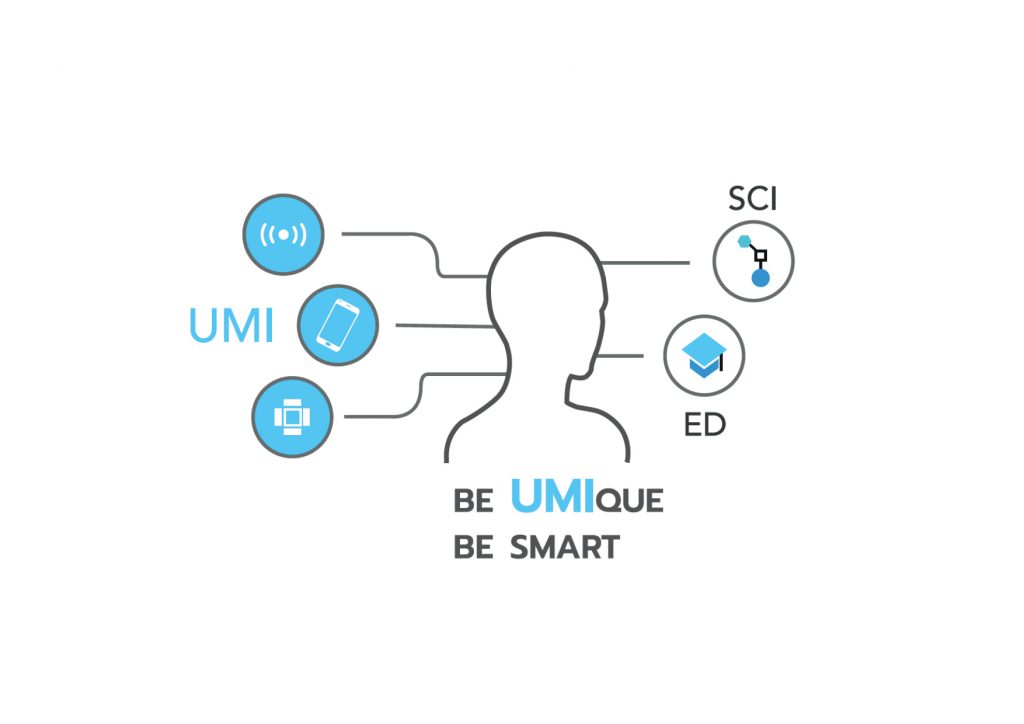
01 Jun UMI-Sci-Ed: Exploiting Ubiquitous Computing, Mobile Computing and the Internet of Things to promote Science Education
01 Jun, 2016
UMI-Sci-Ed (Exploiting Ubiquitous Computing, Mobile Computing and the Internet of Things to promote Science Education) was a Horizon 2020 project, which aimed at enhancing the attractiveness of science education and careers for young people (14-16 year olds) via the use of latest technologies. We had put Ubiquitous and Mobile Computing and the Internet of Things (UMI) into practice towards enhancing STEM education while increasing the attractiveness of pursuing a career in UMI domains.
UMI-Sci-Ed aimed to empower youngsters to think creatively, apply new knowledge in an effective way, and become continuously competitive in a highly demanding working environment. The ability to switch efficiently between different disciplines such as science disciplines depends on processing effectively the educational material based on clearly defined outcomes, expanding a broad repertoire of ICT communication, problem solving and decision-making skills, and using the collective knowledge represented in networks, based on working environments.
The orientation of UMI-Sci-Ed was entrepreneurial and multidisciplinary in an effort to raise young boys’ and girls’ motivation in science education.
In UMI-Sci-Ed, technology itself was not starring as the objective of our work. Ubiquitous and mobile computing and IoT were rather used to support the UMI-Sci-Ed stakeholders:
- working in education – educational community (teaching institutions, students, professors, tutors, etc.) and
- industry (UMI companies, VET providers, publishers, etc.) – career consultants, educational authorities and policy makers.
To this end, Communities of Practice (CoPs) was formed dynamically on the UMI-Sci-Ed platform around UMI projects implemented at schools, including representatives of all necessary stakeholders. In this project we aimed to develop an integrated yet open training framework for upper high school students.
PROJECT OBJECTIVES
- Novel educational services – methodology for teaching & learning UMI; learning methods combining UMI toolkits with CoPs; knowledge on the effectiveness of UMI toolkit and CoP schema; and synthesis of UMI toolkits and CoPs.
- Career consultancy services – how career consultancy can be delivered through CoPs; the effective use of UMI technologies within CoPs; measuring the impact of interventions on student perspectives; and techniques to broaden the relevance of STEM education.
- Supporting software tools – integrated learning environment for CoPs; open-access platform hosting educational material; personalised programmes and suites of training actions; and solutions promoting the use of UMI technologies for STEM learning for schools and surrounding communities.
- Supporting hardware tools – UMI hardware toolkits for use through CoPs to promote STEM; programming environments that promote creativity and shared development; new knowledge on a range of UMI technology projects that build links to needs-based innovation; and solutions promoting the use of UMI technologies in co-developed innovation projects.
- Dissemination of the project ideas and results.
ALL DIGITAL (formerly Telecentre Europe) supported the partnership in dissemination activities.
PARTNERS
- Computer Technology Institute and Press “Diophantus” – Greece
- Cork Institute of Technology – Ireland
- Consortium Ubiquitous Technologies – Italy
- University of Helsinki – Finland
- Norwegian University of Science and Technology – Norway
- University of Pisa – Italy
- ALL DIGITAL – Belgium
